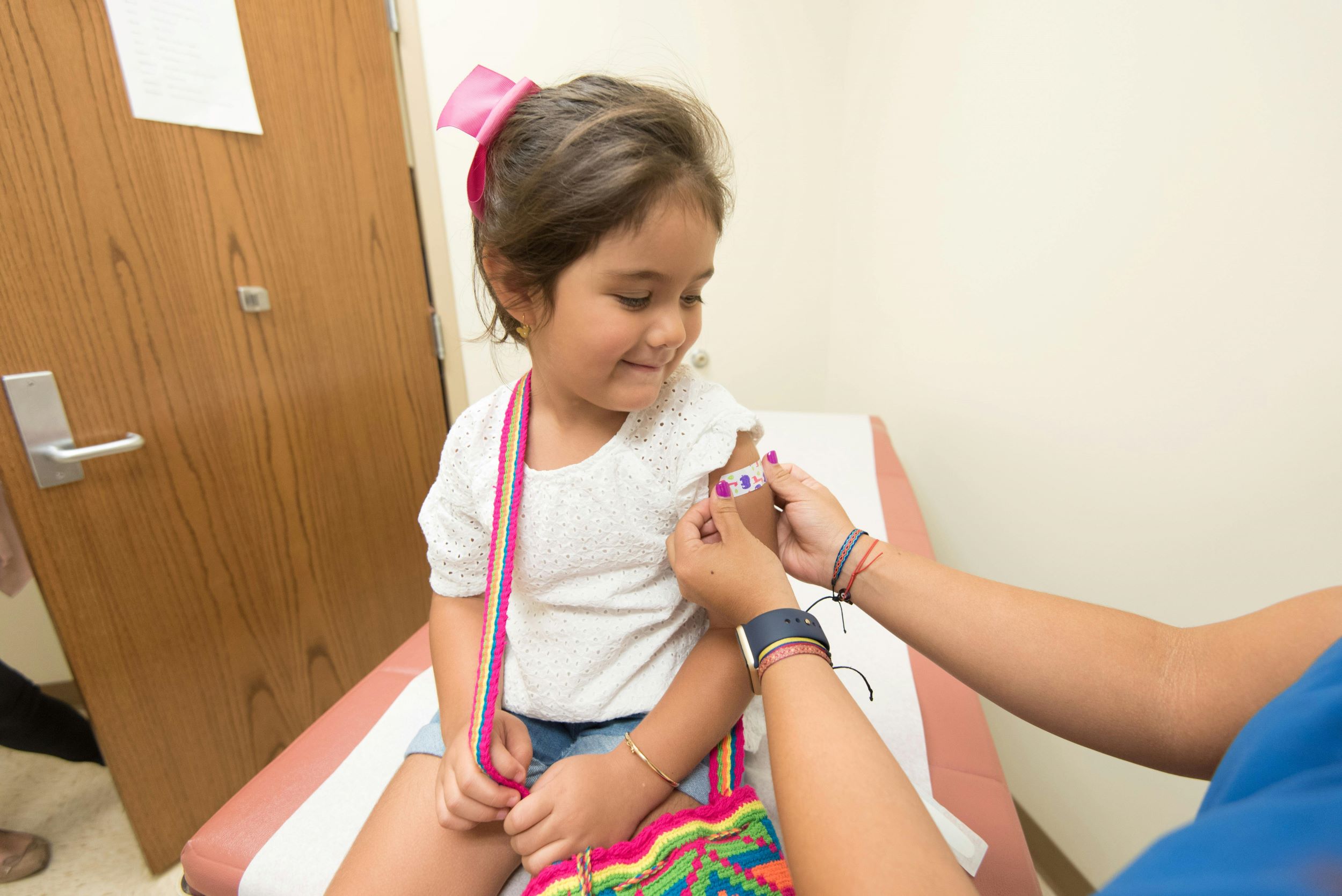Search

News & Events
When food attacksOne in every four children will suffer from eczema and asthma, and one in every 10 will have at least one food allergy.

News & Events
When babies won’t stop crying – infantile colicExcessive crying – for more than three hours in a day, more than three days a week – is often referred to as infantile colic.

News & Events
What medicines can I safely use during pregnancy?Something we’re commonly asked is whether a prescription, over-the-counter, vitamin or herbal medicine is safe to use during pregnancy. ORIGINS pharmacist Stephanie Dimitrov-Zeller provides some great advice for expectant mothers.

News & Events
Professor Desiree Silva named WA Rising StarThree local legends who are changing the world have been named as this year’s WA Rising Stars – including the ORIGINS Project Co-director and head of paediatrics at Joondalup Health Campus, Professor Desiree Silva.
Instructions on the various antenatal samples collected by the Origins project and how to collect them.
Community links and support services

Enhancing psychological wellbeing in families from pregnancy to infancy

Reviewing the development and wellbeing of children, prior to them commencing kindergarten

Exploring whether urinary ferritin can be used as an alternative biomarker for measuring iron status in young children over blood draws.

This study examines the impact of nutrition-related maternal, infant and childhood health outcomes and healthcare utilisation.
